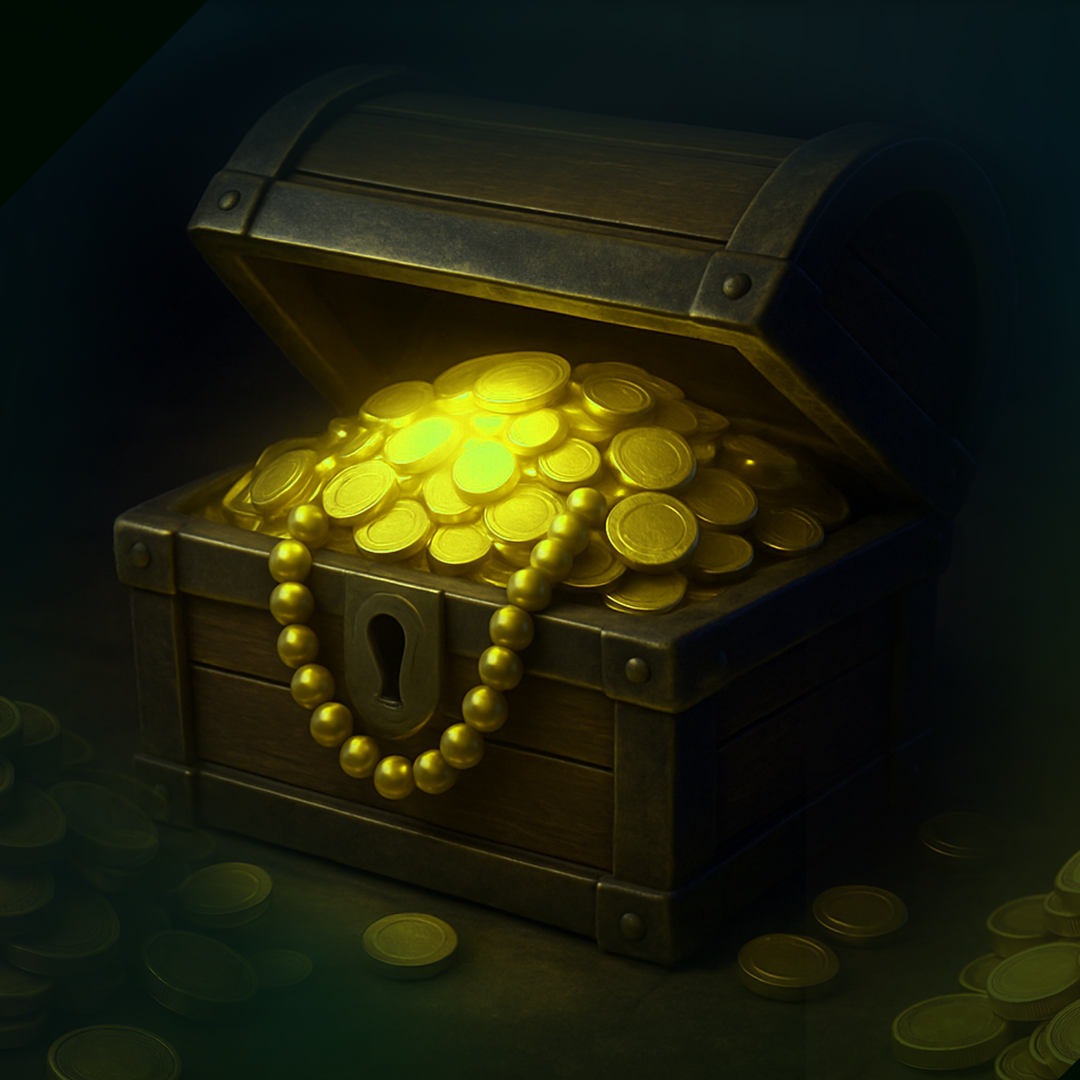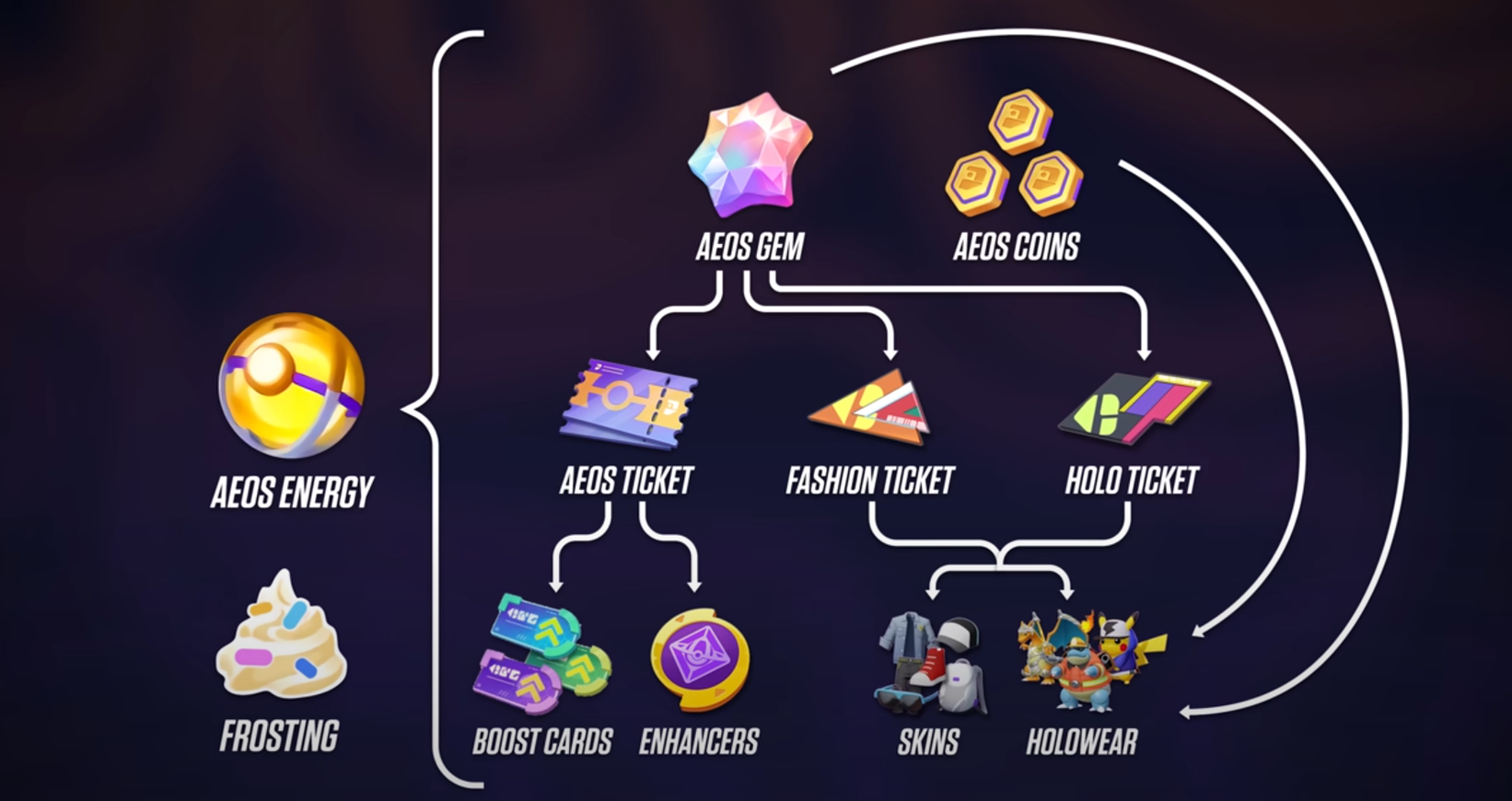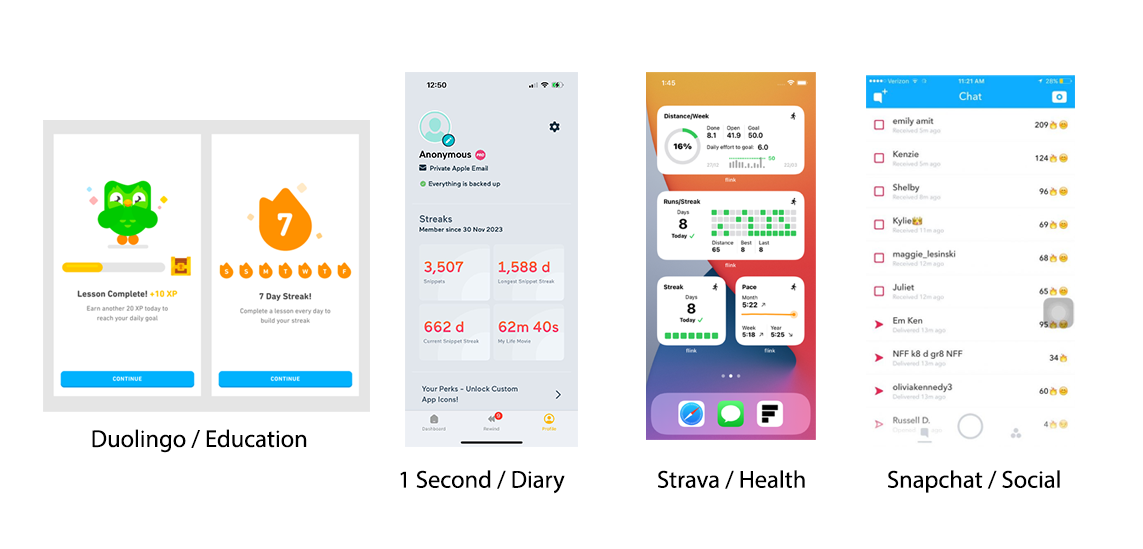Streaks and the Zeigarnik effect: Why we chase completion
Last month Clash Royale, Finnish studio Supercell’s hugely popular mobile game made a radical shift in interface mechanics for its loot box system. While likely unnoticed by most the ramifications could spill out of the gaming arena into many other areas of interface gamification, especially where behavioural hooks like the Zeigarnik effect are already at play.
Launched in 2016, Clash Royale is the 20th highest grossing mobile game with a lifetime revenue of over $4 Billion. It’s financial success is rooted in the developers ruthless approach to monetization, famously outlined in Toruf Jernstrom's infamous Let’s Go Whaling presentation. That said the game itself is remarkably good, and Supercell resisted currency bloat, sticking with only three currencies, Gems and Gold, and later Wild Cards throughout its lifetime. Compare that to the obfuscated hellscape of Pokémon Go and we’d argue this restraint has worked heavily in its favour.
The Psychology Behind Loot Boxes and Streaks
Clash ran on time constrained treasure chests. Some took 3 hours to open, most 8, some 12 and very occasionally 1 day. Gems can be traded to open them faster, but for free-to-play players, the wait was simply part of the game. The longer the wait, the better the reward. There are many well documented psychological tricks at play, as with all gambling and gambling-adjacent mobile games, but the two of interest here are Habitation and Operant Conditioning.
Habitation is self explanatory: Cue > Routine > Reward > Repeat, until the habit is formed. Yet this can’t happen unless the user is primed through a reward schedule, hence the time to open the chests. Once the operator is conditioned to know the schedule the habit is very hard to break. With an estimated $16m in revenue per month in 2024, this system clearly works.
And yet three weeks ago Supercell scrapped this entire mechanic.
In its place Supercell introduced Lucky Drops, instantly openable loot boxes where the value is obfuscated until the opening animation cycle begins. They also doubled down on a streak system for rewarding returning players. The backlash was as predictable as it was instantaneous.
This is naturally a sizable gamble from Supercell, yet you don’t kill the golden goose without good cause, and I believe there’s more at play here.
Gamification has been a buzzword for the best part of a decade with many sectors attempting to mimic the stickiness that gaming apps have achieved, many successfully.
How the Zeigarnik Effect Keeps Players Hooked
Streaks tap into the Zeigarnik effect, named after the brilliant Lithuanian psychologist Bluma Zeigarnik who published her first paper on the subject in 1927. This is the tendency for people to remember and feel a desire to complete incomplete tasks. A broken streak feels like an "unfinished" or disrupted flow, creating discomfort that people want to resolve by keeping the streak going. Combine this with an ever-rolling 24hr deadline, and you have your Habitation / Operant Conditioning states locked in.
Clash Royale effectively ran a three state rolling deadline, 3 hours, 8 and 12, and a glance at reddit shows some gamers will organise their whole day around opening these boxes.
For Supercell to drop this function and instead opt for a 24hr streak system tells us this must be the optimum time cycle for the largest possible audience. And the loot boxes? There is now no indication as to what’s in them, unlike chests which were themed (cards/gold etc.) now it's unknown. Now we can’t see behind the curtain, but we hypothesise Supercell will have spent untold millions in research and testing to come to this loot box/streak cycle combination, and we’ll be keeping a close eye on how it all unfolds.
If gamification plays any role in your product, keep an eye on Supercell. They are experimenting and defining what works at scale.





